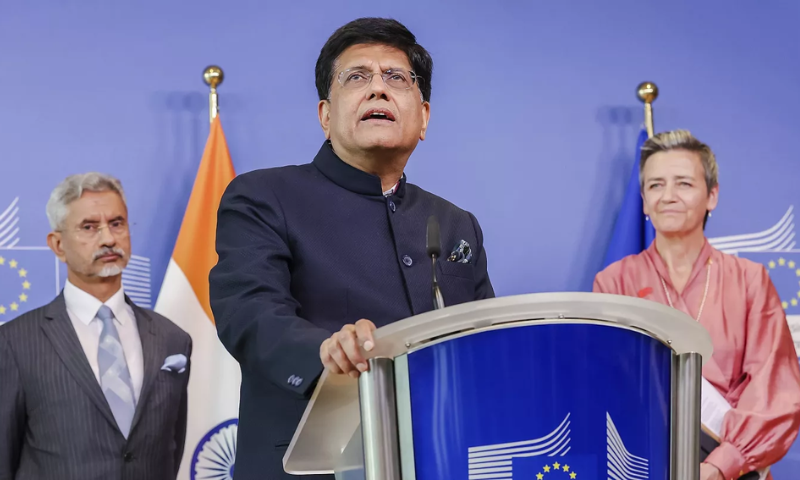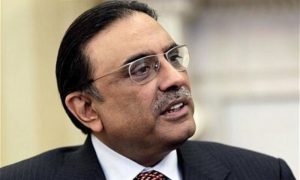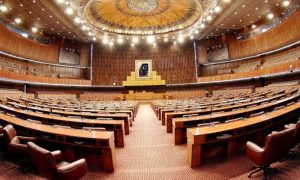BRUSSELS: The recent biennial agriculture ministerial at the World Trade Organization (WTO) in Abu Dhabi concluded without a breakthrough, with EU executives attributing the lack of progress primarily to India’s firm stance on food stockpiling.
Despite extensive negotiations involving over 1000 delegates, efforts to reach a consensus on a major reform of global trade rules for food subsidies fell short, leaving many vulnerable countries at a disadvantage.
Commission Executive Vice-President Valdis Dombrovskis expressed disappointment, noting that diverging views among member states posed significant challenges that could not be overcome. Similarly, Commissioner for Agriculture Janusz Wojciechowski emphasized the unrealistic demands made during negotiations, particularly regarding public stockholding for food security purposes.
Throughout the talks, India emerged as a key player, advocating for a permanent solution to public stockholding (PSH) policies. PSH involves stockpiling and distributing food to vulnerable populations, a crucial tool for ensuring food security in many developing countries.
However, existing WTO rules impose limits on the percentage of a country’s production that can be used for such subsidies, a threshold that India and other nations seek to revise.
The EU has historically been cautious about relaxing rules on PSH, citing concerns about its potential impact on global trade and food security. While acknowledging the importance of domestic food security measures, EU officials caution against policies that could distort agricultural trade, particularly during times of crisis.
The issue gained renewed attention in the wake of Russia’s invasion of Ukraine, which disrupted food commodity markets worldwide. While Western countries emphasized the need for uninterrupted trade flows, India and its allies defended their right to maintain food stocks for their populations.
India’s unwavering stance on PSH reflects its longstanding commitment to addressing the needs of its farmers and ensuring food security for its citizens. Despite expectations for a compromise or a commitment to further negotiations, India’s Trade Minister Piyush Goyal stood firm on the country’s position, citing the urgency of finding a permanent solution.
The issue holds particular significance for the Indian government as it navigates domestic pressures, including ongoing farmer protests, ahead of national elections scheduled for April and May. With Prime Minister Narendra Modi seeking re-election, the issue of food security remains a key priority for his administration, underscoring the complexity of trade negotiations at the global level.
























